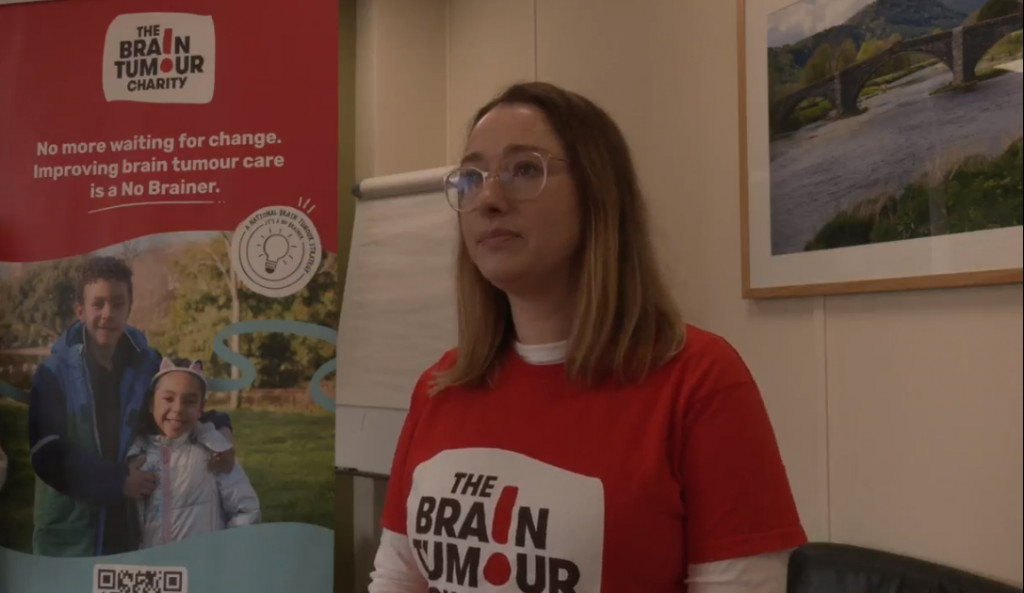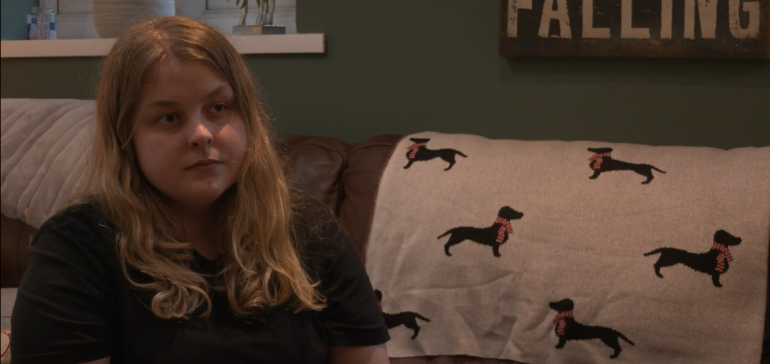A young woman from Cardiff with a brain tumour has called for more young people to be “listened to” when it comes to getting a diagnosis.
It comes after an open letter by a brain tumour charity to health ministers across the UK reached more than 30,000 signatures calling for better support and access to treatment.
Molly Fenton is the first young Welsh ambassador for the The Brain Tumour Charity and has recently joined started campaigning to improve awareness of symptoms and treatment for those living with brain tumours.
Molly told CJS News about some of the changes she hopes to see, “Young people can and do still get sick, so making sure we are believing them and their symptoms and having better programs in place to fast track the process of getting a diagnosis.
“Yes there is still the connection with the UK government but Wales’ health sector is devolved so therefore there is more they can be doing for this.”
She added: “It would be excellent for them to be able to take on all the suggestions from the charity and from the patient advocates, people who have been really effected by brain tumours. It’s not their fault that they don’t know about these things but by being at the Senedd we can make sure that ministers are better informed about the devastating effects of the condition.”
Anabelle Thomas volunteers with the charity after she lost a close friend to a brain tumour. She spoke about the frustrations her friend faced in getting a diagnosis. “There were repeated visits to the GP, we felt like we weren’t being listened to and not having those tests done. There seemed to be a lack of options for treatment.”

Anabelle Thomas at the Brain Tumour event in the Senedd
The open letter is calling for a ‘National Brain Tumour Strategy’ that hopes to change the approach to brain tumour treatment. It claims that by generally treating all tumours as in the same way that, nearly 49% of the brain tumour population are being neglected.
Clair Thorsten-Woll is the Senior Policy and Campaigns Officer at the Brain Tumour Charity and said another thing they are calling for is better awareness of symptoms among health professionals.
Clair Thorsten-Woll said it can be difficult to diagnose without adequate awareness of the signs. “With brain tumours, the signs and symptoms can be quite vague and non-specific but what we really need is the public and health care professionals in particular to be able to piece together and recognise the signs.”
Welsh Government have been approached for comment on the strategy but are yet to respond.

